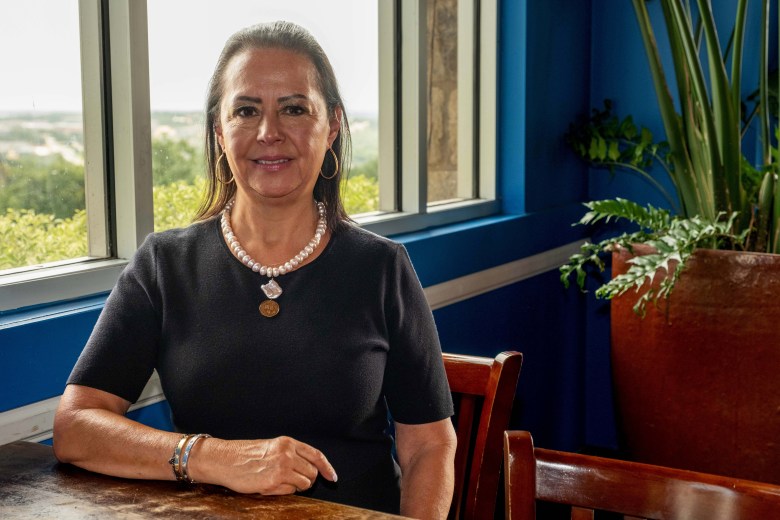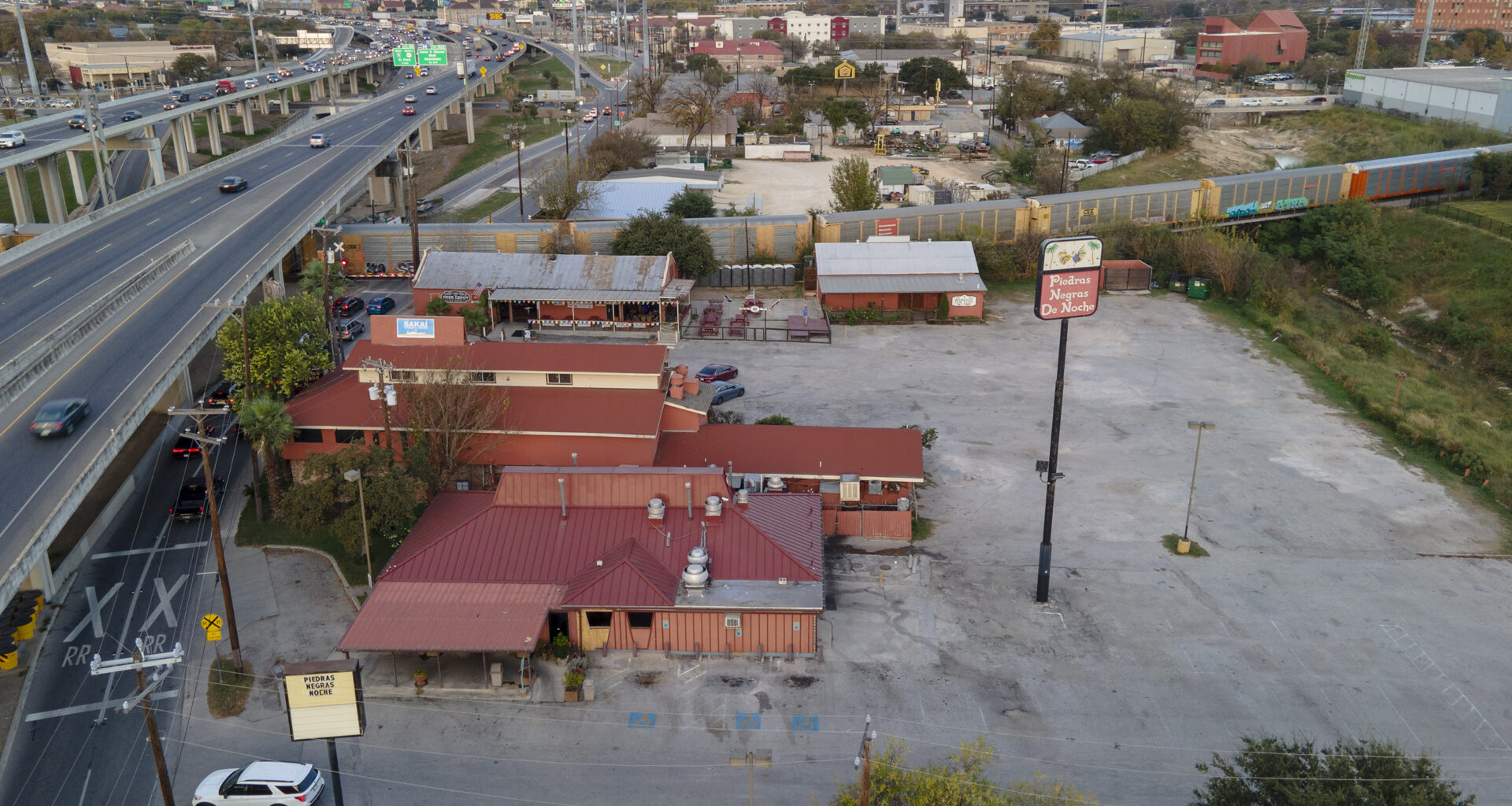A new state law meant to rein in health permit costs may change how San Antonio restaurants pay for permits. The changes aim to improve consistency, but the savings won’t be felt evenly. For some operators, the new fees could even push costs higher.
Senate Bill 1008 took effect statewide Sept. 1, capping what cities and counties can charge for restaurant permits and inspections. The law ties local fees to the state’s schedule for equivalent permits, while allowing large jurisdictions — including San Antonio — to charge up to 120% of the state cap.
What does that mean locally?
For years, San Antonio has calculated restaurant permit costs based on staff size. A diner with fewer than 10 employees pays $412 a year, while the city’s largest operators — those with more than 51 employees — pay $1,240 per year.
While the new state law does not require local governments to change their permitting structures, San Antonio is poised to abandon its employee-based model and adopt the state’s gross sales model.
At an Aug. 26 budget work session, Metro Health proposed the following tier system:
- $284 for sales up to $49,999 — $26 higher than the equivalent state fee.
- $567 for sales between $50,000 and $149,999 — $52 higher than the state fee.
- $850 for sales above $150,000 — $77 higher than the state fee.
That places San Antonio slightly above the state’s baseline, but still below the 120% maximum the law allows for large municipalities.
Large restaurants stand to save several hundred dollars under the proposed tier system. Smaller establishments wouldn’t see much of a difference under the new rate. But for all restaurants, permit fees aren’t the only thing changing.
Currently, San Antonio does not charge restaurants for initial inspections when an establishment is new or there’s a change of ownership. Annual inspections are covered by restaurant permit costs. Reinspection fees — billed when an establishment fails — run on a tiered system, from $115 for the first to $150 for the fourth.
The new state law caps reinspection fees to the cost of an initial inspection or up to $200, whichever is lower.
With an initial inspection fee set at $0, the city would lose the ability to bill restaurants for reinspection. Instead, the proposed plan raises the initial inspection cost to $150 and sets reinspections at a flat $150, regardless of how many reinspections are required.
Even with these fees rising, restaurant owners like Blanca Aldaco, president of the Texas Restaurant Association’s San Antonio chapter and owner of Aldaco’s Mexican Cuisine, praised this new law as a step toward fairness.
“This is something that can help us stay consistent,” she said. “Above all, the bill streamlines the rules so that we can focus on what we do best: serving our customers, our team members and our communities.”
 Blanca Aldaco poses for a photo inside of the party room at her Stone Oak Mexican Restuarant Aldaco’s on Tuesday, Aug. 20, 2025. Credit: Amber Esparza / San Antonio Report
Blanca Aldaco poses for a photo inside of the party room at her Stone Oak Mexican Restuarant Aldaco’s on Tuesday, Aug. 20, 2025. Credit: Amber Esparza / San Antonio Report
Aldaco explained that duplicate charges are a burden that the new law will soon alleviate.
“We pay the Texas Alcoholic Beverage Commission fee every two years, which can run between $4,500 and $5,000,” Aldaco said. “But there is a secondary $750 fee we pay to the city for selling alcohol. Now that will be gone.”
Those cuts may sound small on paper, but in a business where costs can sometimes climb faster than sales, the difference, Aldaco says can be critical for restaurant owners.
“Ever since the pandemic, our margins are so thin and our costs are so high. We are very happy that we will save a few hundred dollars a year,” she said. “It’s really important for me, that the money we save on this can be put back into the restaurant”
While Aldaco anticipates savings, the picture is mixed. Large operators that once paid more than $1,000 will see their costs fall to $850. Smaller restaurants may stay roughly the same or pay slightly more if sales push them into a higher tier. And across the board, new restaurants will face a $150 initial inspection fee, while reinspection costs rise to a flat $150.
Metro Health is expected to bring the new fee schedule ordinance to City Council later this month, and if adopted, the changes would take effect Dec. 1.
